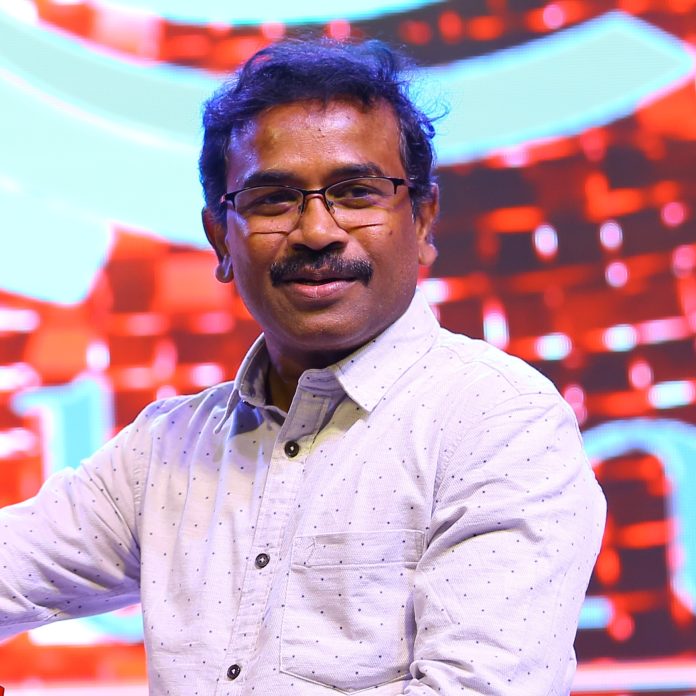Tell our readers about Excellencia Infinitum School and the professional journey so far
Excellencia Group of Institutions was launched in early 2015. Being a Social Entrepreneur, my mission was to provide high-quality education to children at a low cost. The organisation now has seven colleges and one CBSE-affiliated K-12 school in Telangana, Hyderabad.
In 2017, 50% of Excellencia test-takers qualified for the IIT-JEE Advanced Examination, while several others secured free medical and dentistry school seats. In 2021, 54% seat-getting ranks in JEE Mains; 7 out of every 10 students cleared JEE Mains and qualified for JEE Advanced; and 4 out of every 10 students scored more than 90 percentile.
Today, the school comprises 300 students and 25 teachers. At Excellencia, we have an informative library with over 2000 resources, and we are expanding our curriculum to encourage our students to utilise a cognitive approach to learning. For their overall growth, we have integrated sports, games, and physical health education into the curriculum. We have 6.5 acres of property set aside to prepare our students for state and national competitions.
Can you help us understand the current education system in India and what the future holds?
The Indian education system went through four stages of transformation before arriving at the Digital Era of Education. Despite years of progress, India’s education system still falls short of providing quality, student-centered, and skill-based learning. One of the most serious challenges to the education sector is rote learning.
The draft New Education Policy (NEP) provides an excellent opportunity to reflect on India’s previous history, accomplishments, and concerns, as well as to map out a visionary education strategy for the 21st century.
Additionally, the rise in Edtech has opened up new avenues in aiding students not only in their academic pursuits but also in preparing them for their future employment and the challenges they will encounter in this competitive world.
When students are able to learn at their own pace, with plenty of study materials and opportunities for self-evaluation, their confidence soars, and they become better at comprehending knowledge, resulting in improved academic performance. This is being facilitated through the introduction and adoption of various Edtech methodologies and services, and results will soon show in the upcoming years.
Excellencia is experimenting with new teaching and learning methods, can you share some insights on this?
There is a significant gap between the current education system and the industries. Excellencia’s goal in preparing its students for this circumstance is to provide them with the necessary skills to smooth-transition to a professional setup.
Excellencia is dedicated to experimenting with new teaching and learning methods. Teachers are encouraged to offer their subjects in more engaging ways as a result of our in-house training. With many activities in place, our facilitator-oriented teaching accelerates child-centered education and individualised attention.
Smartboards and computers are used to facilitate visual teaching and learning, which accounts for more than 70% of all learning. Our professors are noted for their amazing quickness in ensuring that lessons are interesting and enjoyable.
Tell our readers how COVID19 has changed the education system In India
The outbreak of the COVID19 pandemic posed a new challenge that involved not only a difficult health situation or a complex socioeconomic framework, but also the role of education, including secondary school, vocational education training institutes, and university students around the world.
In the 21st, technology plays a critical role in assisting all sectors. The world would be unimaginable without it. As it has wormed its way into our daily lives, it has tightened its grip in many ways. Technology has proven to be a boon to the educational sector ever since COVID19. Educators have long recognised the need for digitisation, but the pandemic gave it a new lease of life.
Help us understand how the emergence of the online education system has impacted the formal offline system in India
While the pandemic accelerated the shift to online schooling, it also highlighted the need to close the digital divide. With a much lower percentage of our population in rural areas having access to computers than in urban areas, developing India’s higher education system of the future would require infrastructure improvements, government assistance and training, and industry-academia partnership, among other things.
Institutions must be given more funding to bring in the appropriate technologies, upskill teachers across many levels, and construct the infrastructure, given the rapid transition to an online or hybrid form of education. Aspects of experiential learning must be included in the hybrid model of education, which implies instructors must be prepared to convey such knowledge. Teachers, whether at the elementary or secondary school level or at the university level, must be conversant with technology.
This interview was authored by Vishwasjeet Singh, Editor-in-Chief, Estrade Business News. To share more stories kindly email: vishwasjeet@estrade.in






